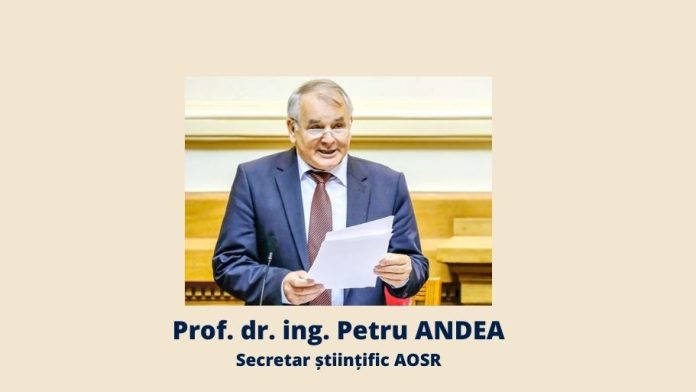The modern world appears, in contrast, as a world that thrives on competition, but is increasingly plagued by social conflict and war.
In such a world, how does one question human happiness?
Alongside religion, philosophical schools of thought throughout the ages have striven to define what happiness is, and by implication the meaning and value of life. Extensive philosophical discourses sought the source of happiness: an object (money), a place (paradise), a moment (a bright tomorrow), a person (us, the others), etc.
Epicurus, whose caricatured doctrine bears his name, pointed to pleasure as the source of happiness.
The Stoics, opponents of Epicurus’ theory, pointed to morality and virtue as sources of happiness.
Seneca theorized that only happiness derived from good conduct lasts, while a happiness based on pleasures is not a life, but a kind of death, for the man who lives to fulfill his pleasures is like “a bottomless sack”.
Kant said that giving up happiness would be like giving up being human. Nietzsche wrote that there is a “personal necessity of misfortune” and that those who want to keep us from it do not necessarily bring us happiness.
In general, the great challenge of philosophy could be to convince us of the impossibility of happiness, thus recapturing the insight of Job, the great unhappy man of the Bible “When he hoped for happiness, misfortune arose. I was expecting light (…), the shadow has arrived” [Iov 30:26].
It is obvious that throughout history the question of happiness and its realisation has not been left to religion and philosophy alone.
People have always aspired to happiness, not only in heaven but also on earth. They wanted to find happiness in “Caesar’s kingdom”, not only in God’s kingdom.
That is why happiness has also become a political goal, a collective quest. The political organisation of happiness implies that it is not only a right, but even a duty. The modern age is an age of the need for happiness. More and more people believe that it is not enough to live. You have to live happily.
The Christian religion in general and the Orthodox religion in particular places human happiness at the centre of its concerns. Christianity has made happiness concrete in the form of a delightful Garden of Eden, a paradise lost but coveted by all who wait to contemplate God in a happy and loving intimacy. Happiness is the object of hope – the hope of living God’s life, of living from his love.
The idea of paradise as a place of happiness has been refined. Orthodox believers see Paradise less and less as a place and more and more as a state.
It is that state that Jesus describes in “Happiness”: Blessed are those who mourn, for they shall be comforted. Blessed are those who hunger and thirst after righteousness, for they shall be filled. […]. Blessed are the pure in heart, for they shall see God” (Matthew 5:3-8).
The modern view of happiness, however, is no longer fully convergent with Orthodox values. In our consumer society, happiness usually lies in anything that can take us out of anonymity, out of the everyday, out of democratic equality. Celebrity becomes, in this case, the paradigm of happiness. The price of this “democratisation” of happiness is a growing aspiration towards singularity, towards the refusal of anonymity. Wealth, honours, the multiplication of pleasures become imperatives of happiness. This is where the modern perversion of the notion and essence of happiness begins. People are increasingly looking for the most violent pleasures (drunkenness, speed, sex). To escape from anonymity, we go from one night out to another, collect overtime, turn up the radio or TV. What we think of as happiness is most often means, activities, entertainment invented to spend our time in noise and anger.
The modern crisis of global values has made people, in their pursuit of happiness and fear of being deprived of pleasure, forget what is essential: themselves.
The old motto “carpe diem” (live in the moment) urges us today to make the most of each day, here and now, without any moral or religious prescription standing between us and our happiness.
But St Augustine teaches us that to expect happiness “from without”, from external things (professional success, social recognition, love) is to live in fear of seeing this happiness destroyed by “a thousand accidents”. All our pleasures – money, power, gambling and so on – are only meant to distract us from the idea that we may never be happy.
That’s why nowadays many people aspire to hopeless immediate happiness, which most often ends in disillusionment, discouragement and sentimental being on the road to unhappiness. This desire for hopeless happiness is a sign of the confusion in which contemporary society finds itself. It is obvious that similar to reason and the sleep of happiness breeds monsters. I would give as an example the abominable “emo” movement, which kills hope and cultivates the “joy of unhappiness”, driving many teenagers to suicide. This is how contemporary life offers us more and more forms of happiness for consumption, including unhappiness in the packaging of happiness.
Salvation is the Christian religion, which creates “inner” happiness that does not consist in possessions (success, money, beauty) but in dispositions: serenity, peace, harmony.
Prof.univ.dr.ing. Andea Petru
Scientific Secretary
of the Academy of Romanian Scientists


